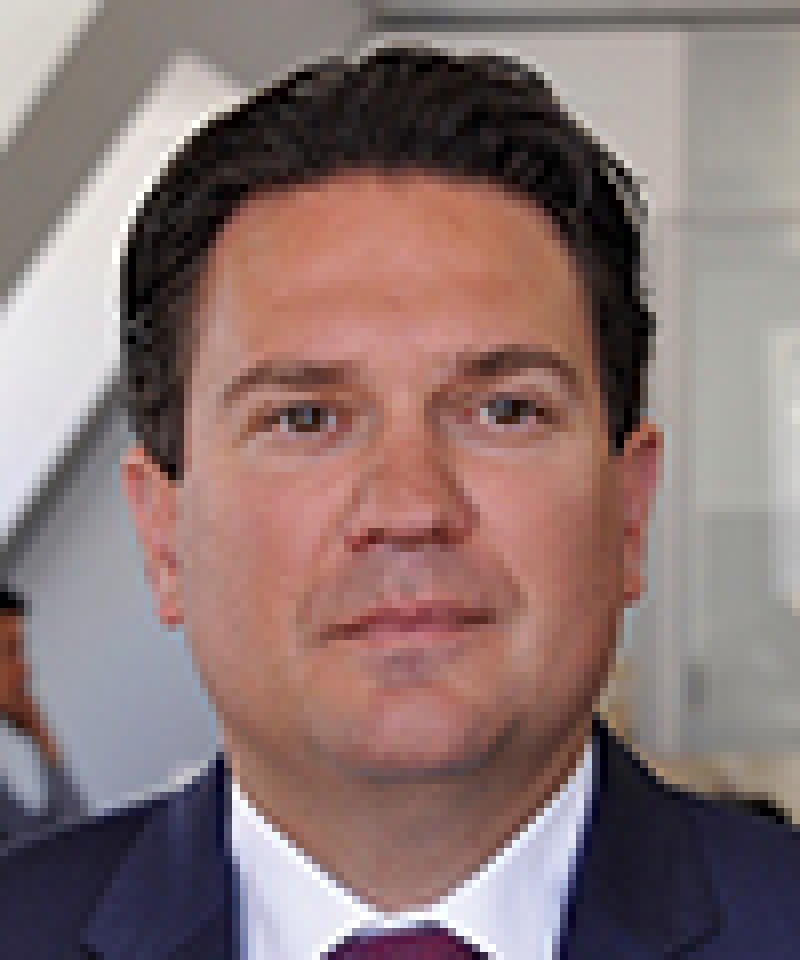
|

|
Jackie Hess |
Raoul Stocker |
On February 12 2017, the Swiss electorate rejected CTR III in its proposed form. On the occasion of the quarterly CFO Survey of Deloitte, more than 100 chief financial officers (CFOs) in Switzerland were asked shortly after the vote what they now expect from a revised tax reform.
Although the content of the revised legislation is yet unknown, a new version of the reform will likely entail the undisputed elements of the rejected reform. More than 100 CFOs were questioned on their priorities as to which elements should be considered in the revised tax reform so that Switzerland remains, in their eyes, an attractive business location. The key findings were:
Of those surveyed, 87% of CFOs would like the law to grant the cantons extensive leeway for tax rate reductions;
Of those surveyed, 64% prefer to retain a generous tax deduction for research and development expenses. Moreover, 44% see the patent box regime as a suitable measure; and
The notional interest deduction was one of the most controversial measures of the rejected reform. Only 39% of the questioned CFOs see this as a suitable measure to be considered in a new law.
Swiss CFOs now expect political stakeholders to come up with a compatible solution and take the necessary time for it – irrespective of the EU/OECD deadline for abolishing the tax privileges of companies by 2019. The main findings were as follows:
Of those survey, 59% believe a legislative process in one piece to be launched as soon as possible is the most promising path. The new law should realistically come into force by 2020 or 2021;
Only about a third (30%) of respondents favour a two-step approach. The first step would abolish the tax privileges by 2019, combined with a solution for the transition, and the second step would present additional potential measures; and
The development of a completely new Swiss tax system (6%) or a "do-nothing" approach (6%) are basically not considered as an option.
The results show that Swiss CFOs are very much interested in an immediate and viable solution at the political level. However, rash decisions and interim solutions should be explicitly avoided. Rather, a comprehensive solution should be developed, which is well balanced and backed by the majority of stakeholders.
Jackie Hess (jahess@deloitte.ch) and Raoul Stocker (rstocker@deloitte.ch)
Deloitte
Tel: +41 58 279 6312 and +41 58 279 6271
Website: www.deloitte.ch










